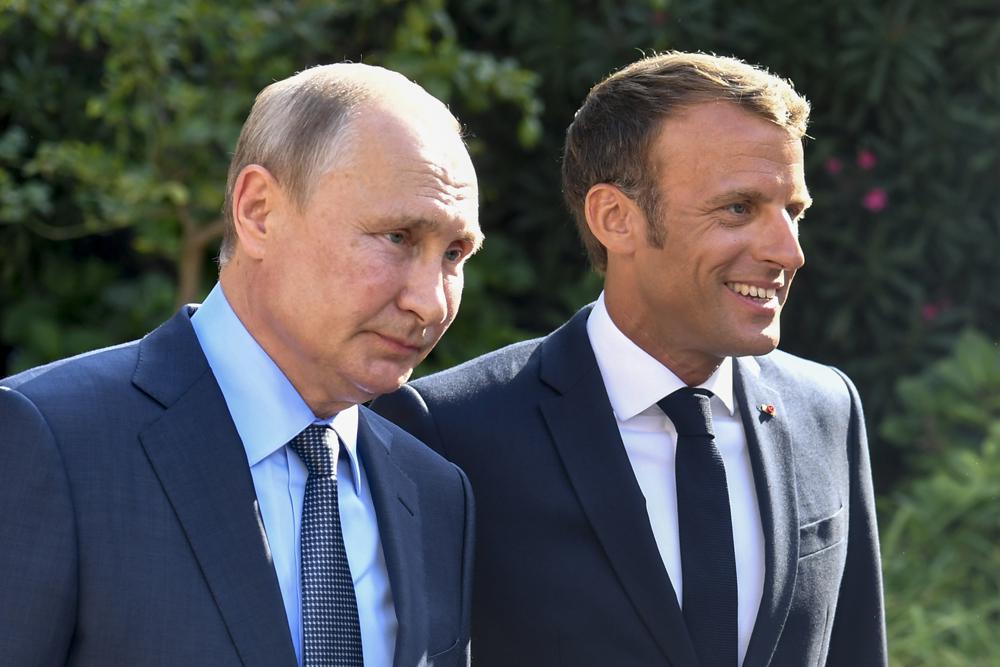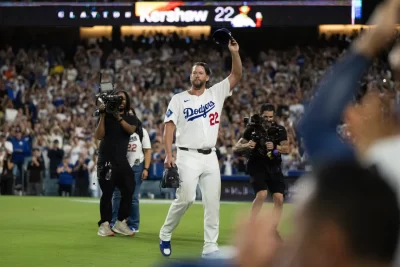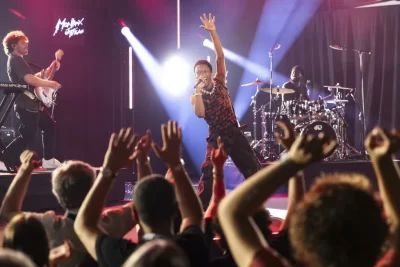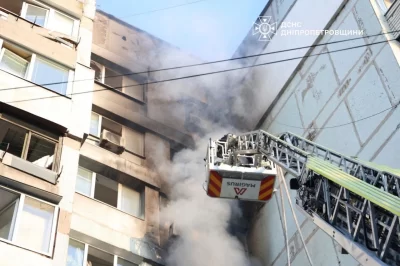
PARIS — Rarely in recent years has the Kremlin been so popular with European visitors.
French President Emmanuel Macron arrives Monday. The Hungarian prime minister visited last week. And in days to come, the German chancellor will be there, too.
All are hoping to get through to President Vladimir Putin, the man who singlehandedly shapes Russia’s course amid its military buildup near Ukraine and whose designs are a mystery even for his own narrow inner circle.
“The priority for me on the Ukrainian question is dialogue with Russia and de-escalation,” Macron said this week as reporters were asking about a possible in-person meeting with Putin. “I’m very worried by the situation on the ground.”
France is working for diplomacy but without “being naive,” said an official in his office, speaking about the negotiations on condition of anonymity.
There are some signs that relations could thaw.
Sergei Ryabkov, a senior Russian diplomat who led Moscow’s delegation in last month’s security talks with the U.S. in Geneva, said recently that Russia was now setting “the agenda that the U.S. and the so-called ‘collective West’ now follow. We have seized the foreign policy initiative.”
Macron insists Europeans must have a say in the crisis which threatens the stability of the continent. Macron and Putin have already spoken three times by phone in recent days — with inconclusive results.
The French president has in the past shown skepticism of NATO, and in 2019 said the organization was experiencing “brain death.” On Saturday, that skepticism was nowhere to be found, as Macron spoke by phone with the organization’s secretary-general and underscored “France’s commitment within NATO for the security of its allies.”
France has also offered to send troops to Romania as part of NATO, which has regained a sense of unity in recent weeks.
European diplomacy has helped cool tensions in the past. The so-called “Normandy format” of French and German mediation in 2015 helped end large-scale hostilities in Ukraine, which erupted the previous year when Moscow threw its weight behind separatist rebels in the country’s east following the Russian annexation of Ukraine’s Crimean Peninsula.
Paris organized a meeting Jan. 26 of presidential advisers of Russia, Ukraine, Germany and France. They agreed to meet again soon in Berlin, but Russian officials have said any new four-way summit would make sense only if the parties agree on the next steps to give a special status to pro-Russian separatists in Ukraine’s east.




